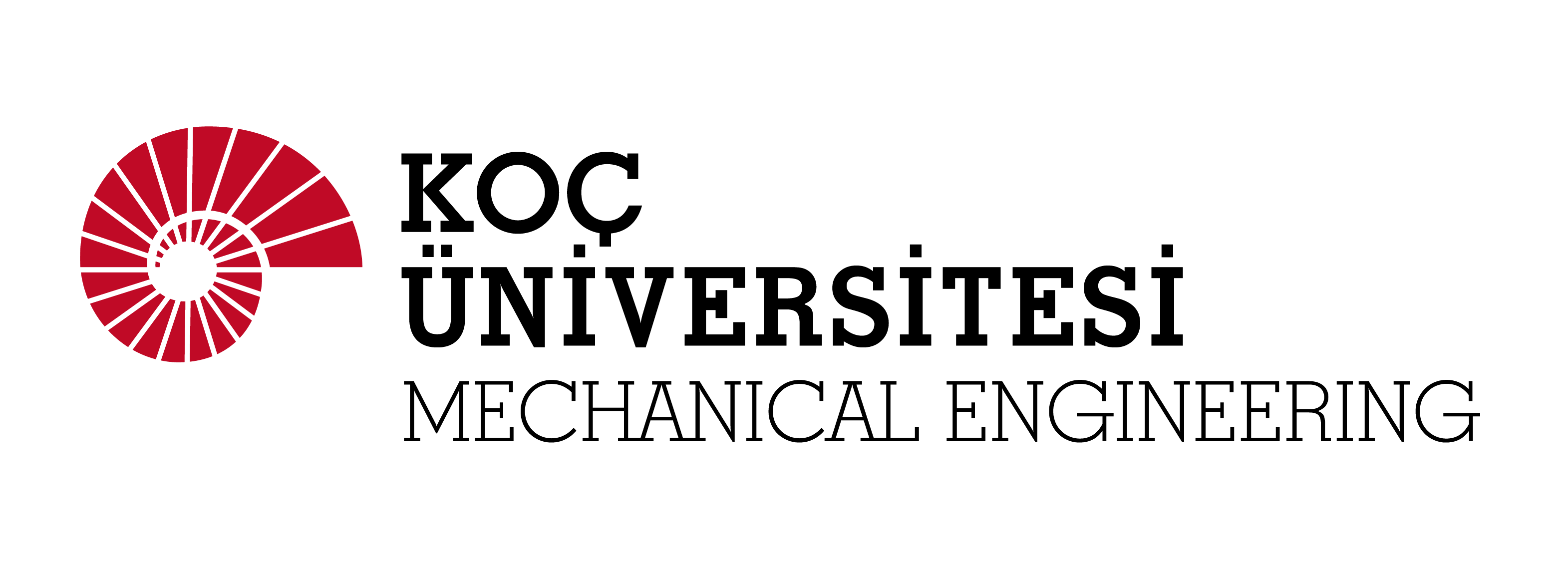CE Seminar by Alperen Günay – Towards Standalone Green Devices for Thermal Applications
July 20, 2020KOÇ UNIVERSITY
COLLEGE OF ENGINEERING
ENGINEERING SEMINAR SERIES
Speaker: Dr. Alperen Günay
Title: Towards Standalone Green Devices for Thermal Applications
Date: Friday – July 17, 2020
Time: 13:00 – 13:45
Place: Zoom
Abstract
Global energy requirements have displayed a significant increase over the last few decades due to increased world population and effects of technology in the daily lives of humans. This brought about the necessity to invent state-of-the-art solutions to world energy problems. However, most of the proposed systems and devices were not ecological, which led to global warming issues. With the current advancements in nanotechnology, it is now possible to design environmentally friendly devices with enhanced efficiency. Scientists have proposed new materials, thermal management options, and coatings to tune the devices to application specific requirements. Here, we investigate each aspect individually to combine the learnings into final, ecological energy harvesting devices. We employ phase change phenomena to utilize the latent heat in order to attain an optimum thermal management solution. We study the evaporation from surfaces, and investigate droplet evaporation fundamentals to adapt the classical evaporation theory into the recently developed micro/nanostructured surfaces. Furthermore, we investigate adsorption/desorption of atmospheric water on the total device efficiency, showing 30-50% improvement in the overall heat transfer coefficient with room for further improvements. In order to utilize the knowledge that we gathered from thermal management studies into the creation of high-efficiency energy harvesting devices, we also examined energy conversion materials. We investigated bulk silicon thermoelectric generators (≈3 cc) for room temperature applications and obtained ZT≈0.1 (where ZT is the thermoelectric figure of merit at room temperature) materials with potential for further improvements. Additionally, we examined optically transparent – thermally insulating (OTTI) silica aerogels to create an artificial greenhouse effect on solar absorbing surfaces, effectively increasing their temperature and thus the device efficiency. We obtained silica aerogels of 88% transmission to solar rays and 1% transmission to emitted rays from the absorbing surface for a nominal thickness of 1 cm. Combinations of the silicon-based energy generation devices with aerogel-coated structured phase-change inducing surfaces would enable the fabrication of high-efficiency standalone devices, and could bring about significant changes into the renewable energy agenda. This work sheds light on the study of phase change surfaces, thermoelectric materials, and aerogel insulators and offers design priorities for the nextgeneration ecological thermal devices.
Bio
Alperen Günay received his B.S. in mechanical engineering from the Middle East Technical University (METU) in 2014, and his M.S. and Ph.D. in mechanical engineering from the University of Illinois at Urbana – Champaign (UIUC) under the guidance of Dr. Nenad Miljkovic in 2016 and 2019, respectively. His graduate work focused on thermal management, energy conversion, interfacial science, and renewable energy. He is now a postdoctoral project researcher at The University of Tokyo under Dr. Junichiro Shiomi where he works on silicon-based thermoelectrics and sorption dynamics of metal-organic-framework (MOF) coated thermal fins.
